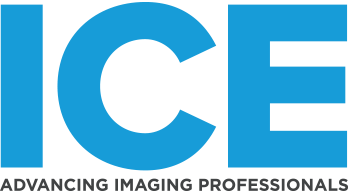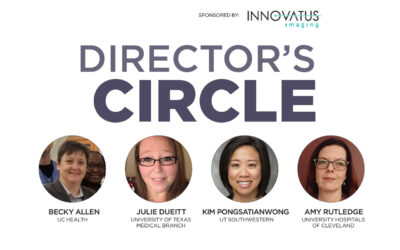By Melody Mulaik
 There is always a lot of discussion in the health care industry about the need for “certified” coders and the potential benefits to health care entities that employ individuals who are credentialed in various aspects of coding, billing and compliance. Many radiology departments and imaging organizations struggle with this issue because it is not always clear what the benefits or advantages of being, or having, a certified coder really are for the organization. If it is determined that a coding certification is desired, then the question arises as to whether a radiology specific or general certification should be obtained.
There is always a lot of discussion in the health care industry about the need for “certified” coders and the potential benefits to health care entities that employ individuals who are credentialed in various aspects of coding, billing and compliance. Many radiology departments and imaging organizations struggle with this issue because it is not always clear what the benefits or advantages of being, or having, a certified coder really are for the organization. If it is determined that a coding certification is desired, then the question arises as to whether a radiology specific or general certification should be obtained.
There are several questions that should be asked prior to supporting or obtaining a certification: What is the national recognition of the certification? Who recognizes or accepts the credential? How will the individual obtain continuing education units (CEUs)? Is the organization really a member focused non-for-profit entity or is it a private for-profit company?
To meet the requirements for a nationally recognized certification, there are a number of criteria that must be met. First, the organization that will develop, oversee and administer the examination generally contracts with a company that specializes in the creation of certification programs. These organizations include individuals known as psychometricians, who specialize in scientific test development. This organization then determines the optimal number of test questions, the categories of items to be tested (e.g., for medical coding, number of diagnosis questions, CPT® questions, HCPCS questions, etc.) and initiates the gathering of test questions and scenarios.
Once this process has begun, the organization assembles a panel of subject matter experts (SMEs) from across the industry or specialty who review the questions, add detractors or distractors (the wrong answers in multiple choice questions) and verify the correct response with authoritative coding guidance (depending upon the question database used, this verification may include publication, page number, etc.). Any nationally recognized certification must be able to survive a legal challenge by documenting the authoritative source for the correct answer.
A major consideration for individuals who must pay for their certification and ongoing education credits is the availability of products and seminars that contribute to the acquisition of continuing education units (CEUs). It is important that the CEUs be readily available and affordable, and that the presentations or products that qualify be relevant and pertinent to the type of work performed by the certified individual.
The certification process is expensive, regardless of whether the examination fees, CEUs and other charges are paid by an employer or the certified individual. The result of such an investment should be a nationally recognized, genuine certification that is accepted in the medical community and contributes to the career goals of the certified professional.
There are only two (2) radiology specific certifications that meet the criteria outlined above and they are both offered by the Radiology Coding Certification Board (RCCB). These certifications are the (Radiology Certified Coder) RCC and the (Radiology Certified Coder-Interventional Radiology) RCC-IR. There are other radiology specific certifications on the market; however, these exams did not follow the previously outlined steps nor are they managed by a separate and distinct not-for-profit examination board.
Melody W. Mulaik, MSHS, CRA, RCC, RCC-IR, CPC, COC, FAHRA, is the president of Revenue Cycle and Coding Strategies Inc.








